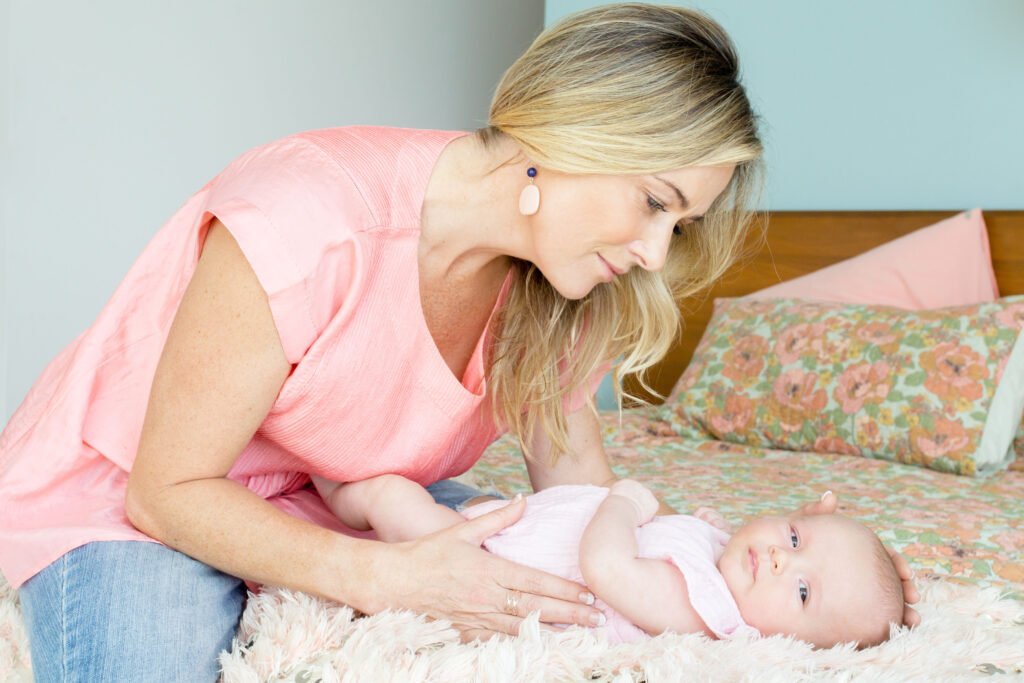Baby Sleep Cycles Explained: What Every Parent Needs to Know

What Are Baby Sleep Cycles?
Babies, like adults, cycle through different stages of sleep. The two main stages are:
- REM (Rapid Eye Movement): This is the lighter, more active stage where dreams occur. It’s crucial for brain development and memory consolidation.
- Non-REM: This is the deeper, more restorative sleep where the body focuses on growth and healing.
Why Does My Baby Wake So Often?

Newborns spend up to 75% of their sleep in REM, making them more likely to wake. Unlike adults, who cycle through REM every 90 minutes, babies cycle roughly every 45–60 minutes and often wake at these transitions.
According to the Sleep Health Foundation of Australia, this fragmented sleep is biologically normal and helps ensure their needs (like feeding) are met.
Common Sleep Noises: What’s Normal?

During REM, it’s normal for babies to:
- Grunt or groan
- Flutter their eyes
- Make sucking noises
- Move their limbs
This can be mistaken for waking. But often, if left for just a few minutes, babies resettle on their own.
The 4-Month Sleep Shift

Around 4 months, your baby’s circadian rhythm begins to mature. Their sleep cycles lengthen and become more structured. But this also means they become more aware of how they fell asleep—and where they are when they wake up.
If your baby is used to being rocked or fed to sleep, they may need that same support at every sleep cycle.
Sleep Associations: Helpful or Harmful?

When you intervene too quickly during light sleep, you may unintentionally teach your baby that they need help to fall back asleep. Over time, these associations can become sleep crutches.
Instead, a consistent bedtime routine and helping your baby learn to settle in their cot can reduce night waking.
Tips for Supporting Better Sleep

- Recognise REM sleep as normal and give your baby space to transition.
- Establish a predictable bedtime routine.
- Offer comfort, but avoid jumping in immediately at every sound.
- Encourage falling asleep in the cot, not just in arms.
When to Seek Help
If your baby is frequently waking and struggling to resettle, or you feel overwhelmed, consider consulting a sleep specialist or your general practitioner. Chronic sleep deprivation impacts parental well-being and attachment.
At Lullababy SOS, we support families with holistic, gentle sleep routines—without Cry-It-Out. Learn more about our consultations here.
If you’re feeling overwhelmed or unsure about how to support your baby’s sleep in a way that feels gentle and grounded, I’m here to help. At Lullababy SOS, I offer one-on-one consultations tailored to your baby’s unique needs—without Cry-It-Out methods. Let’s work together to create a routine that nurtures sleep, connection, and calm.
Book your consultation here.

